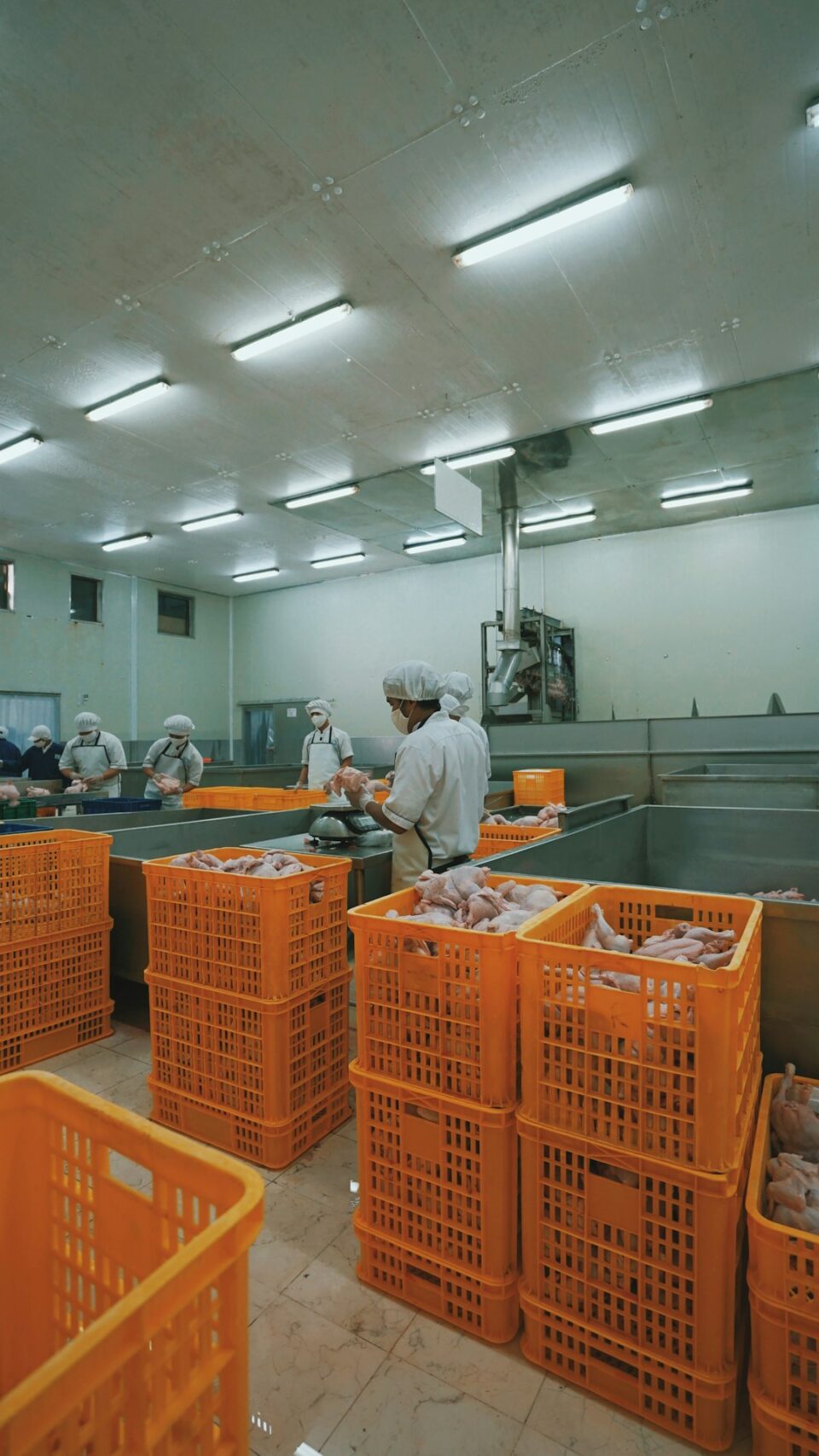Revolutionizing the Automotive Industry through Advanced Manufacturing
The automotive industry has always been at the forefront of innovation, constantly evolving to meet the demands of consumers. Over the years, we have witnessed significant developments in technology, design, and manufacturing techniques within this sector. One of the most remarkable advancements that has revolutionized the automotive industry is advanced manufacturing.
Advanced manufacturing refers to the integration of cutting-edge technologies and processes into the production of goods. In the automotive industry, this entails the use of automation, robotics, artificial intelligence, and additive manufacturing techniques such as 3D printing. These advancements have not only streamlined the manufacturing process but have also improved the quality, efficiency, and sustainability of automobile production.
One of the key benefits of advanced manufacturing in the automotive industry is increased productivity and efficiency. The use of automation and robotics has significantly reduced the need for manual labor, thus minimizing the risk of human error and increasing the speed of production. Tasks that were once time-consuming and labor-intensive can now be completed in a fraction of the time, leading to faster turnaround times and increased output.
Furthermore, advanced manufacturing has also led to the development of smarter and more connected factories. The use of artificial intelligence and machine learning algorithms allows manufacturers to collect and analyze vast amounts of data in real-time, enabling them to optimize their production processes. This not only leads to further improvements in efficiency but also helps identify potential bottlenecks and areas for improvement, ultimately resulting in higher quality products.
Another major impact of advanced manufacturing in the automotive industry is the transformation of design and customization capabilities. Additive manufacturing techniques like 3D printing have opened up a world of possibilities for designers and engineers. Complex parts and components can now be produced with unparalleled precision and customization options. This level of flexibility allows for more innovative and efficient designs, as well as the ability to produce spare parts on-demand, reducing the need for extensive inventories.
Moreover, 3D printing has also paved the way for lighter and more sustainable vehicles. By using advanced materials and optimizing designs, manufacturers can produce lighter components without compromising on strength and durability. This not only improves fuel efficiency but also reduces the environmental impact of the automotive industry. The ability to utilize sustainable materials in additive manufacturing also helps in minimizing waste and reducing reliance on traditional manufacturing processes that may involve harmful chemicals and produce greenhouse gas emissions.
Additionally, advanced manufacturing has also had a significant impact on the aftermarket industry. With the ability to produce spare parts on-demand using 3D printing, manufacturers no longer need to maintain large inventories or rely on complex supply chains. This not only reduces costs but also ensures that customers can easily obtain replacement parts, thus improving overall customer satisfaction and loyalty.
However, despite the numerous advantages, there are still challenges to be overcome in embracing advanced manufacturing within the automotive industry. One of the primary hurdles is the initial investment required to implement these technologies. There is a significant cost associated with upgrading manufacturing facilities, training the workforce, and integrating advanced technologies into existing processes. Additionally, there may also be concerns related to intellectual property and cybersecurity, as advanced manufacturing involves the digitalization of production processes and data management.
In conclusion, advanced manufacturing is revolutionizing the automotive industry by providing numerous benefits, including increased productivity, improved efficiency, enhanced customization capabilities, and reduced environmental impact. As technology continues to evolve, we can expect further advancements in the automotive manufacturing sector, pushing the boundaries of what is possible in terms of design, production, and sustainability. While challenges exist, embracing advanced manufacturing is vital to stay competitive in a rapidly changing automotive landscape.

